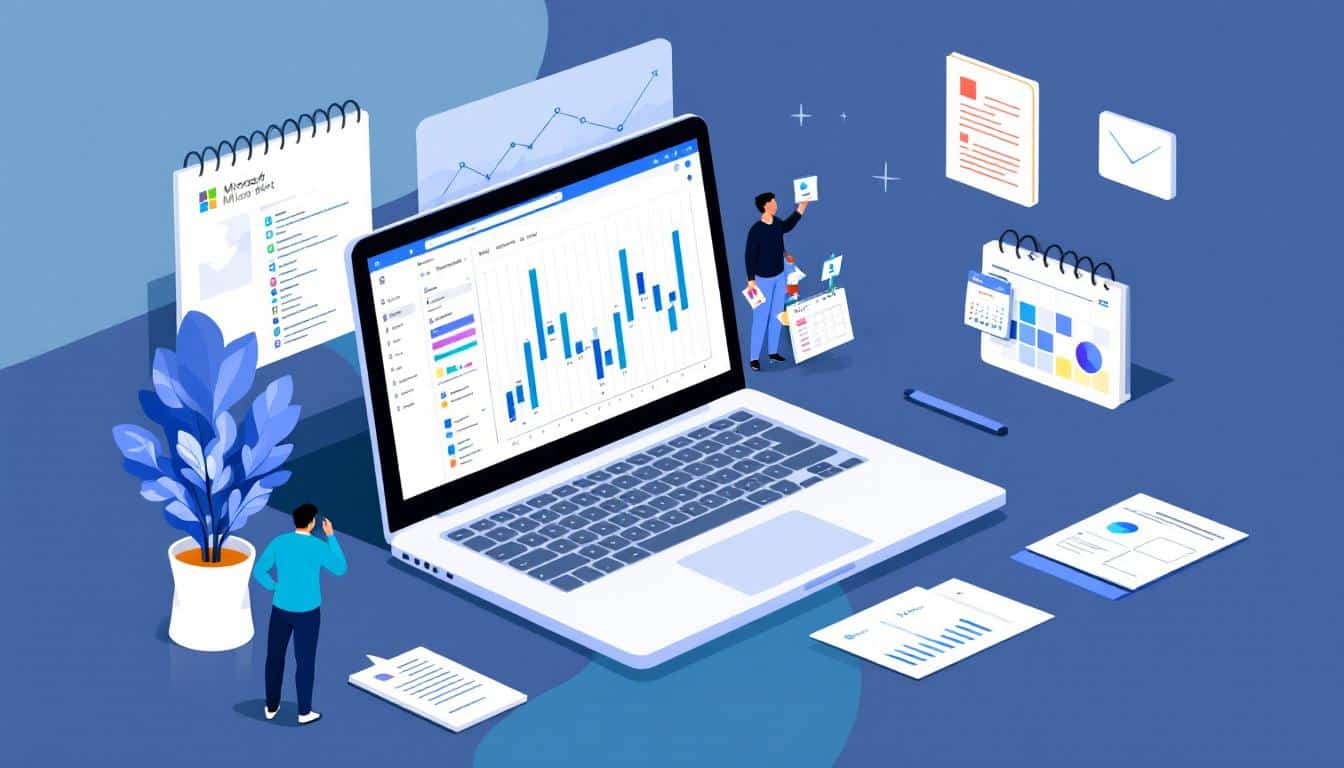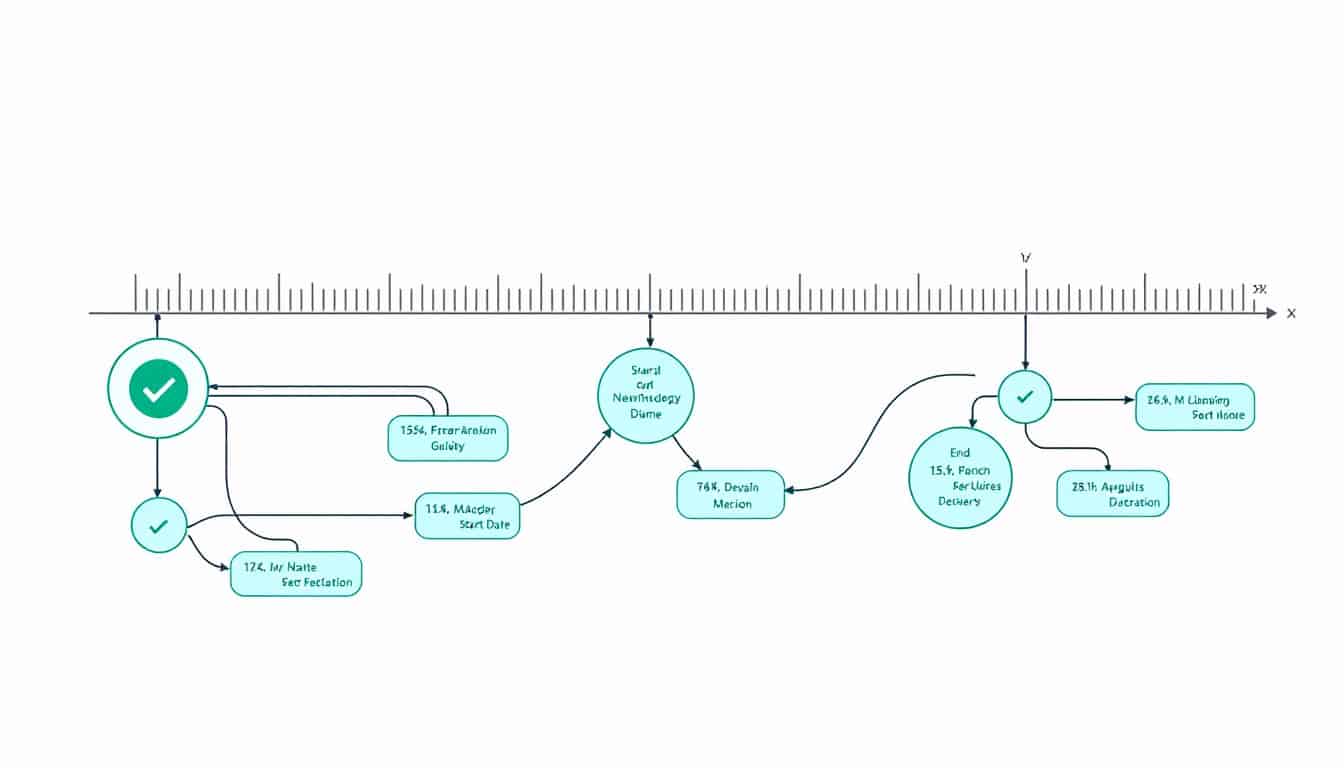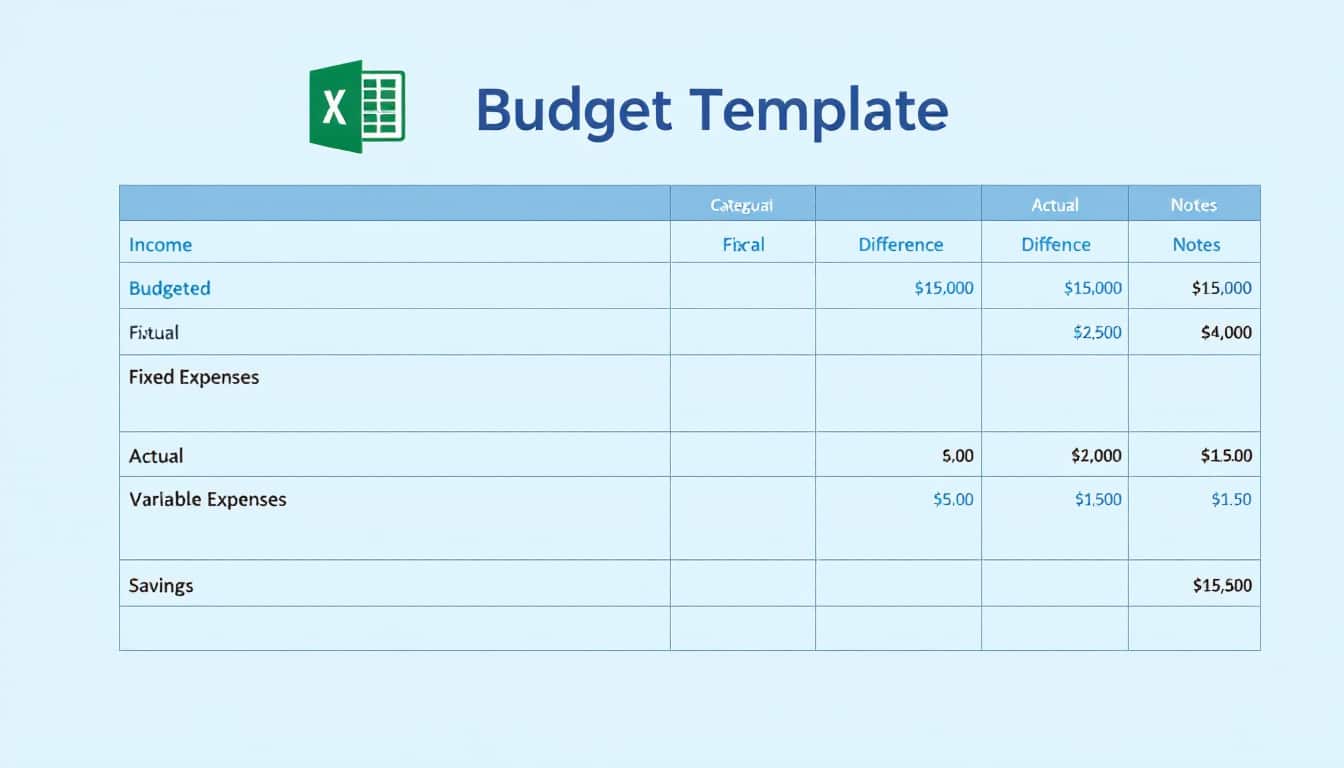Welcome to the captivating world of project management.
The deliverables are the stars that guide each initiative towards success.
They transform abstract ideas into tangible achievements.
Every ambitious project relies on the creation of precise deliverables, whether they are material or immaterial. These concrete elements materialize the efforts exerted and meet the expectations of the stakeholders. By clearly defining each deliverable, a clear roadmap is established, thus facilitating effective project tracking and management. The diversity of deliverables, whether they are software, design documents, or training programs, allows for a structured and modular approach, essential for achieving the set objectives.
🔥 Nous recommandons Ideamap
Ideamap est l’outil idéal pour un brainstorming ou un projet collaboratif. Grâce son interface facile et à ses fonctions IA, Ideamap booste votre créativité tout en favorisant une meilleure organisation de vos idées pour atteindre vos objectifs.
In the field of project management, deliverables play a central role. But what exactly is a deliverable? A deliverable is the tangible or intangible result produced at the end of a phase or a complete project. It is a concrete element that meets the expectations of the client or stakeholders. Understanding the deliverables allows for an effective structure of a project and ensures its success.
What is the definition of a project deliverable?
A project deliverable is a specific, tangible, and measurable result obtained at the end of a phase or of the entire project. It can be a physical product, a service, a document, or any other expected output. For example, in software development, a deliverable could be a beta version of the program. The key is that each deliverable must be clearly defined from the outset of the project to avoid any confusion and to ensure that expectations are aligned.
Deliverables are often associated with milestones or deadlines in the project schedule. Each milestone represents an important stage where a deliverable is produced and validated. This allows for structured tracking of the project’s progress and ensures that all necessary steps are completed on time. To learn more about the different phases of a project, discover this article.
Why are deliverables important in project management?
Deliverables are essential because they represent the concrete and measurable objectives of the project. They help define what the project must achieve and serve as a reference to evaluate progress and success. Without clear deliverables, a project can quickly lose its direction, leading to delays, cost overruns, or unmet expectations.
Moreover, deliverables facilitate communication between team members and stakeholders. They serve as common reference points, ensuring that everyone is working towards the same objectives. This clarity is crucial for maintaining team engagement and motivation throughout the project. Additionally, effectively managing deliverables allows for the quick identification of potential obstacles and the implementation of suitable solutions.
What are the different types of deliverables?
There are several types of deliverables in project management, each addressing specific needs. Among the most common are:
- Product deliverables: These are tangible or intangible goods created by the project, such as software, a report, or a mobile application.
- Service deliverables: This includes services such as training sessions, consulting services, or technical support.
- Transitional deliverables: These deliverables facilitate the transition between different phases of the project, such as a transition plan or knowledge transfer documents.
- Intermediate deliverables: These are results obtained at specific stages of the project, such as mock-ups, prototypes, or feasibility studies.
Each type of deliverable plays a distinct role in the execution of the project, contributing to its progress and successful completion.
How to effectively define and manage project deliverables?
Defining and managing deliverables effectively is crucial for a project’s success. Here are some key steps to achieve this:
1. Identification of needs
Before defining deliverables, it is essential to understand the needs and expectations of stakeholders. This ensures that the deliverables will meet the set objectives and provide real added value.
2. Clear and precise definition
Each deliverable must be described in detail, including its specifications, success criteria, and deadlines. A clear definition avoids misunderstandings and ensures that all stakeholders have the same understanding of the expected outcomes.
3. Integration into the project roadmap
Deliverables must be integrated into a well-structured project roadmap. This allows for visualizing the entire process, tracking progress, and ensuring that each deliverable is produced on time. To learn more about the essential steps to close a project, check out this article.
4. Continuous monitoring and management
Once the deliverables are defined, it is important to monitor them regularly to ensure they are being accomplished according to plans. Using project management tools can greatly facilitate this monitoring and allow for quick identification of any discrepancies or delays.
To delve deeper into managing acceptance criteria in project management, you can read this article.
What are the concrete examples of project deliverables?
Examples of deliverables vary depending on the nature and purpose of the project. Here are some concrete cases:
- Software development: A beta version of the software, user manuals, technical documentation, and test reports.
- Marketing project: An advertising campaign, promotional videos, market analysis reports, and content strategies.
- Construction: Architectural plans, models, certificates of conformity, and progress reports.
- Training: Training programs, educational materials, participant assessments, and training certificates.
Each example illustrates how deliverables are tailored to the specific needs of different types of projects, thus ensuring their relevance and utility.
What are the challenges related to managing deliverables?
The management of deliverables is not without challenges. Among the main obstacles encountered are:
- Vague definition: A poorly defined deliverable can lead to misunderstandings and deviations from the initial objectives.
- Frequent changes: Constantly changing expectations or specifications can complicate the realization of deliverables.
- Time management: Meeting deadlines for each deliverable requires rigorous planning and effective team coordination.
- Limited resources: A lack of resources, whether financial, human, or material, can affect the quality and delivery timeline of deliverables.
To overcome these challenges, it is crucial to adopt solid project management practices, such as the project review process. You can consult this practical guide for more information.
How to ensure the quality of deliverables?
Ensuring the quality of deliverables is fundamental to guarantee stakeholder satisfaction and project success. Here are some strategies to achieve this:
1. Define clear acceptance criteria
Acceptance criteria are specific standards that each deliverable must meet to be considered complete. They must be defined from the start of the project and validated by all stakeholders.
2. Implement quality controls
Regular checks and internal audits ensure that deliverables meet the defined quality standards. This includes testing, peer reviews, and validation phases.
3. Train the team
A well-trained team that is aware of quality objectives is essential. Investing in continuous training ensures that team members have the necessary skills to produce high-quality deliverables.
To further explore the construction of a training specifications document, refer to this article.
How do deliverables contribute to the overall success of the project?
Deliverables are the pillars upon which the success of a project rests. By providing clear and measurable objectives, they allow for:
- Tracking progress: Each completed deliverable indicates a concrete step towards the final goal.
- Ensuring transparency: Deliverables provide a clear view of what has been accomplished, facilitating communication between the team and stakeholders.
- Managing expectations: Well-defined deliverables help align the expectations of different parties, thereby reducing the risks of conflicts or disappointments.
- Facilitating evaluation: At the end of the project, deliverables allow for the evaluation of results achieved compared to the initial objectives.
In summary, deliverables are essential markers of project success, ensuring that each step is completed successfully and that the final result meets the defined expectations.
What tools can help in managing deliverables?
Several project management tools can facilitate the definition, tracking, and management of deliverables. Among the most popular are:
- Planzone: A comprehensive tool that allows you to define deliverables, plan tasks, and track project progress.
- Bubble Plan: Ideal for creating visual schedules and managing deliverables through an intuitive interface.
- Appvizer: Offers various solutions for managing deliverables, including advanced tracking and reporting features.
Using these tools not only centralizes all information related to deliverables but also facilitates collaboration within the team and ensures better overall organization of the project.
To discover more about deliverables in project management, check out this article.
Case studies: Successful deliverables in various projects
Examining concrete examples of success can offer valuable insights into how to effectively manage deliverables. Here are some case studies illustrating this approach:
Mobile application development project
In this project, the main deliverables included an alpha version of the application, user testing, and a final version ready to launch. With a clear definition of deliverables and rigorous monitoring, the team was able to meet deadlines and satisfy the expectations of end users.
Digital marketing campaign
Another example is that of a digital marketing campaign where deliverables included promotional videos, SEO-optimized blog posts, and performance analysis reports. Effective management of the deliverables significantly increased the brand’s visibility and engaged the target audience.
These case studies demonstrate the importance of well-planned and managed deliverables to ensure the success of different types of projects.














